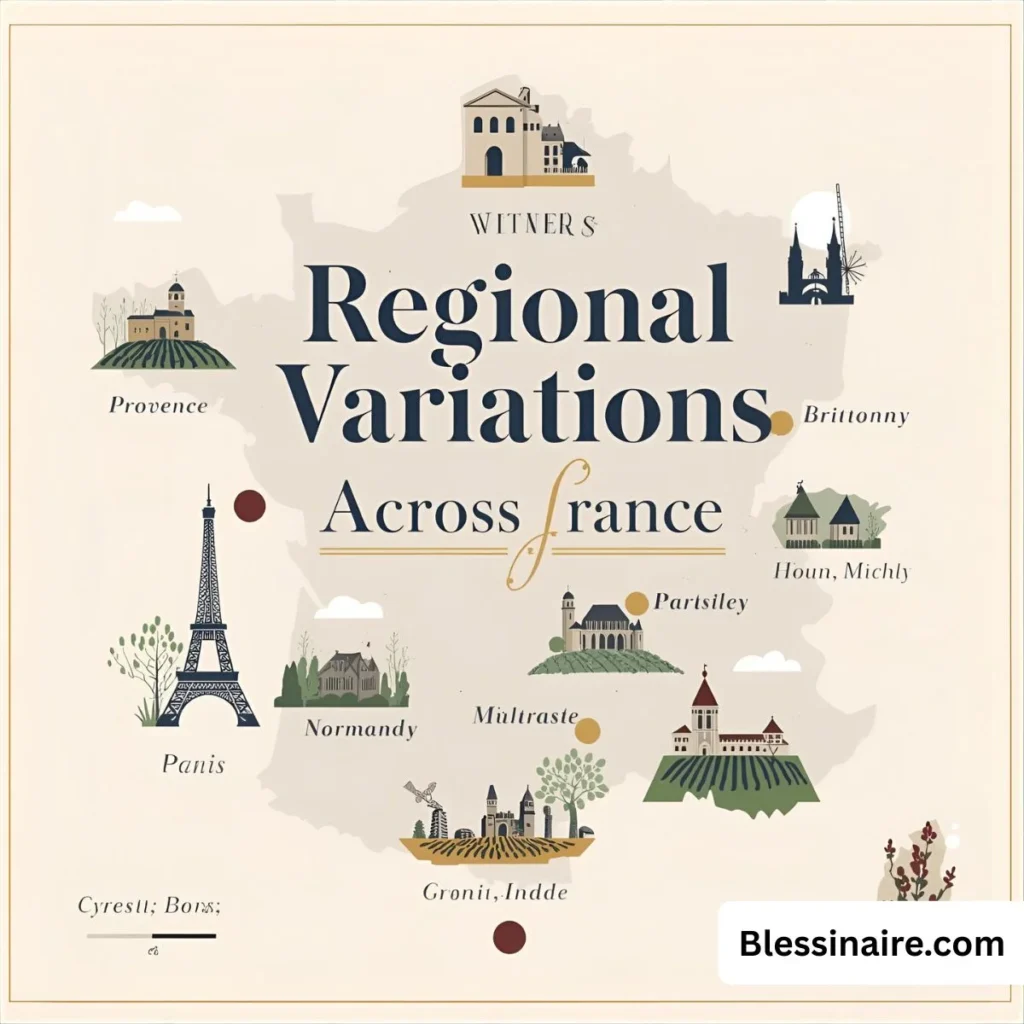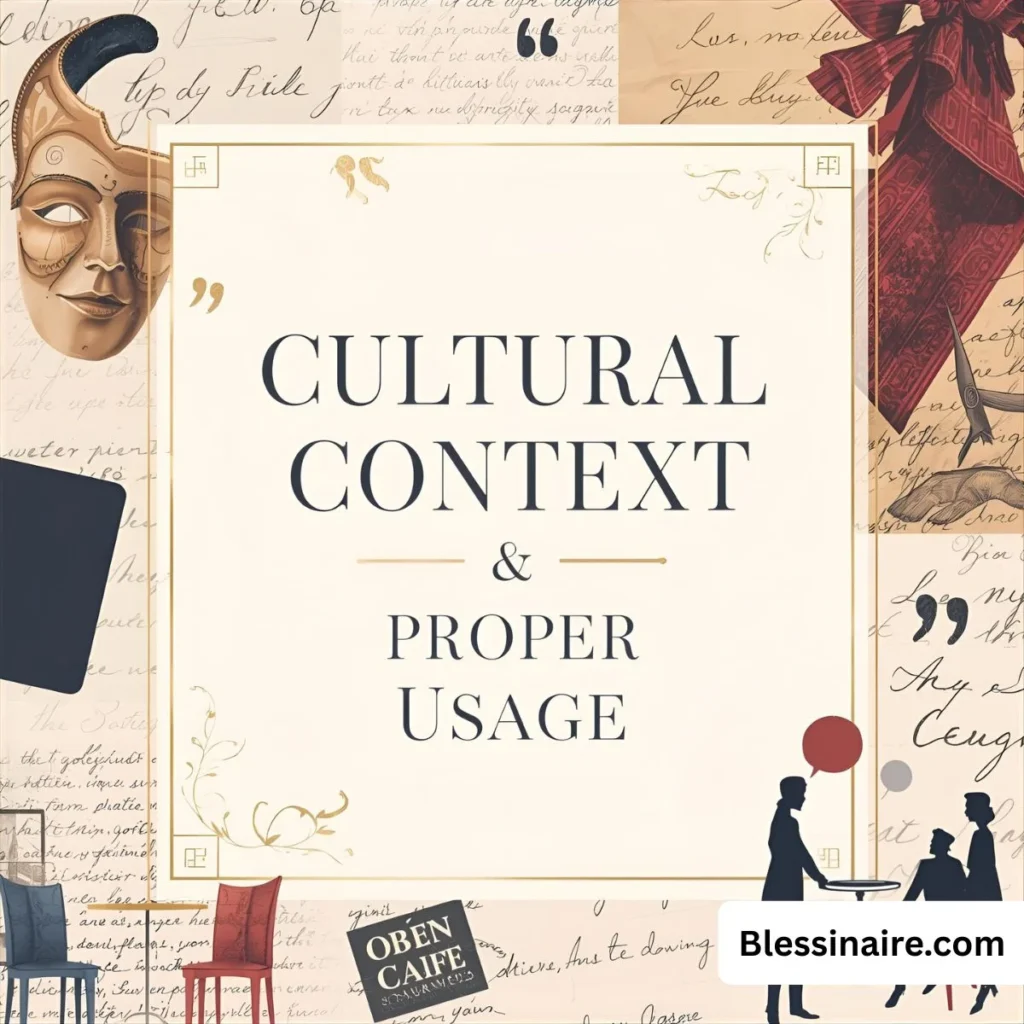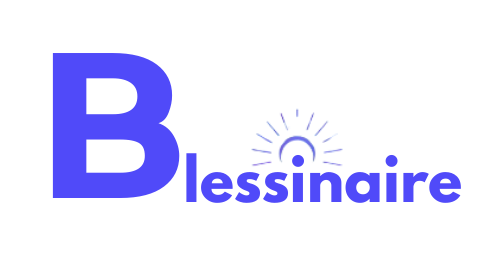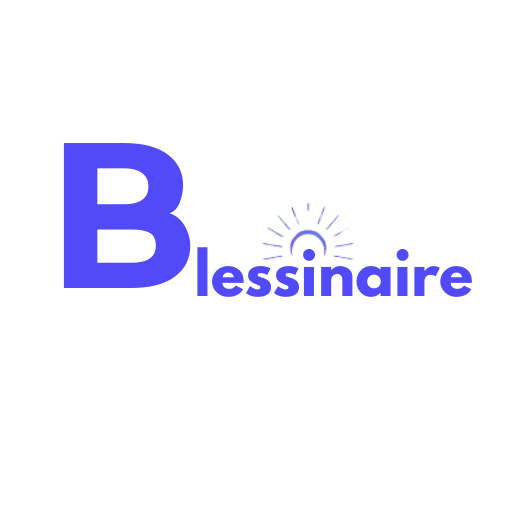Saying “Good morning in French” opens doors to authentic cultural experiences and demonstrates respect for French language traditions. The standard “Bonjour” serves as your essential greeting, but mastering French morning etiquette involves understanding regional variations, formal versus informal contexts, and appropriate responses. This comprehensive guide explores everything from basic French greetings to sophisticated expressions that will make you sound like a native speaker. Whether you’re traveling to France, communicating with French colleagues, or simply expanding your language skills, learning to properly greet someone in the morning reflects cultural awareness and linguistic competence that transcends mere translation.
Basic French Good Morning Greetings 🗣️

- Bonjour – The universal “good morning” used from sunrise until noon
- Bonjour madame – Formal “good morning” to a woman you don’t know well
- Bonjour monsieur – Respectful “good morning” to a man in formal situations
- Salut – Casual “hi” for friends and people your own age
- Coucou – Very informal “hello” similar to “hey there” for close friends
- Bonjour à tous – “Good morning everyone” for addressing groups
- Bonjour mes amis – “Good morning my friends” for familiar groups
- Bonjour mon ami – “Good morning my friend” to one male friend
- Bonjour mon amie – “Good morning my friend” to one female friend
- Bonjour comment ça va? – “Good morning, how are you?” combining greeting and question
Formal vs Informal Morning Greetings 👔🎯
Formal Situations:
- Bonjour, Monsieur Dupont – Using last name shows respect in business settings
- Bonjour, comment allez-vous? – Formal “how are you?” using vous conjugation
- Je vous souhaite une bonne matinée – “I wish you a good morning” very polite
- Bonjour, enchanté(e) – “Good morning, delighted to meet you” for introductions
- Bonjour, ravi(e) de vous rencontrer – “Good morning, pleased to meet you” professional
Informal Situations:
- Salut, ça va? – Casual “hi, how’s it going?” with friends
- Yo! – Very casual slang borrowed from English, used with close friends
- Bonjour, tu vas bien? – Informal “good morning, are you well?” using tu
- Quoi de neuf? – “What’s new?” casual morning conversation starter
- Comment tu te sens ce matin? – “How are you feeling this morning?” caring tone
Regional Variations Across France 🗺️

Southern France:
- Bonjour pronounced with softer “j” sound, more melodic intonation
- Adishatz – Occitan language greeting still heard in rural areas
- Bônju – Provençal variation in Provence region
- More frequent use of hand gestures and cheek kissing
- Generally warmer, more expressive greeting style
Northern France:
- Bonjour pronounced with crisper, more precise articulation
- Bonjour often followed by firm handshake in business contexts
- Less physical contact during initial greetings
- More reserved but equally polite greeting style
- Quicker transition from greeting to business matter
French Overseas Territories:
- Bonjou – Creole variation in Martinique and Guadeloupe
- Bonzour – Creole greeting in Réunion Island
- Koman i lé? – “How are you?” in Réunion Creole
- Sak passé? – “What’s happening?” in Antillean Creole
- Blend of French and local cultural greeting customs
Pronunciation Guide for Morning Greetings 🎧
Bonjour Breakdown:
- Bon – Pronounced “bohn” with nasal ‘o’ sound
- Jour – Pronounced “zhoor” with soft ‘j’ like pleasure
- Stress – Equal emphasis on both syllables
- Liaison – No liaison with following words starting with consonants
- Rhythm – Smooth, flowing connection between syllables
Common Pronunciation Mistakes:
- ❌ “Bon-jour” with hard ‘j’ sound
- ✅ Correct: “Bohn-zhoor” with soft ‘j’
- ❌ Over-emphasizing the ‘r’ at the end
- ✅ Correct: Soft, almost silent ‘r’
- ❌ Separating the two syllables too distinctly
- ✅ Correct: Blended, flowing pronunciation
Audio Comparison:
- French Native: Smooth, connected “bohn-zhoor”
- English Speaker: Often over-articulated “bon-jour”
- Key Difference: Nasal ‘on’ sound and soft ‘zh’ sound
- Practice Tip: Listen to French radio or podcasts for natural rhythm
Cultural Context & Proper Usage 🎭

Time Considerations:
- Bonjour used from waking until noon (approximately)
- After noon: Switch to “Bon après-midi” (good afternoon)
- Evening: Use “Bonsoir” (good evening)
- Late night: “Bonne nuit” (good night) when parting or sleeping
- All day: “Bonjour” sometimes used throughout day in casual settings
Social Etiquette:
- Always greet shopkeepers when entering establishments
- Make eye contact while saying “Bonjour”
- Include appropriate title (madame/monsieur) with strangers
- In villages, greet people you pass on the street
- In cities, greetings are more selective but still important
Business Context:
- Handshake accompanies “Bonjour” in professional meetings
- Use formal “vous” until invited to use “tu”
- Include last names in initial greetings
- Wait to be invited to use first names
- More reserved physical contact than social settings
Responding to Good Morning Greetings 💬
Standard Responses:
- Bonjour – Simple return greeting, most common
- Bonjour, comment allez-vous? – Returning greeting with polite question
- Salut! – Casual response to informal greetings
- Ça va bien, merci – “Going well, thank you” after how-are-you
- Très bien, et vous? – “Very well, and you?” polite reciprocation
Adding Small Talk:
- Bonjour, belle journée aujourd’hui – “Good morning, beautiful day today”
- Bonjour, ça va? Oui, et toi? – Casual reciprocal exchange
- Bonjour, tu as bien dormi? – “Good morning, did you sleep well?” friendly
- Bonjour, prêt pour la journée? – “Good morning, ready for the day?” energetic
- Bonjour, quel plaisir de vous revoir – “Good morning, what pleasure to see you again” warm
Regional Response Variations:
- Bien, et toi? – Standard casual response
- Nickel! – Slang for “perfect!” very informal
- Tranquille – “Chill/calm” casual response about mood
- Comme ci, comme ça – “So-so” when having an average day
- On fait aller – “Managing/getting by” modest response
Morning Greetings in French-Speaking Countries 🌍

Canada (Quebec):
- Bonjour – Same greeting, different accent
- Bon matin – Literal “good morning” sometimes used
- Salut, ça va? – Very common casual greeting
- Allô – Telephone greeting also used in person sometimes
- More English mixing: “Bonjour, hi” bilingual greeting
Belgium:
- Bonjour – Standard greeting
- S’il vous plaît – Means “please” but also used to get attention
- Ça va? – Very common follow-up question
- More formal overall than Parisian French
- Different pronunciation of some sounds
Switzerland:
- Bonjour – Standard in French-speaking regions
- Grüezi – German greeting in bilingual areas
- Buongiorno – Italian greeting in Italian-speaking regions
- Formal approach similar to northern France
- Punctuality highly valued in business greetings
African French-Speaking Countries:
- Bonjour – Universal greeting
- Ça va? – Extremely common follow-up
- More elaborate greeting rituals in many cultures
- Importance of showing respect through proper greetings
- Local language greetings often mixed with French
French Morning Greetings for Special Occasions 🎉
Birthday Mornings:
- Bonjour et joyeux anniversaire! – “Good morning and happy birthday!”
- Bonjour, bon anniversaire! – Casual birthday greeting
- Je te souhaite un bon anniversaire – “I wish you a happy birthday”
- Meilleurs vœux – “Best wishes” for formal birthday greetings
- Passe une bonne journée d’anniversaire – “Have a good birthday day”
Holiday Greetings:
- Bonjour et joyeux Noël – “Good morning and merry Christmas”
- Bonjour, bonne année – “Good morning, happy new year”
- Joyeuses Pâques – “Happy Easter” morning greeting
- Bonnes fêtes – “Happy holidays” general seasonal greeting
- Bonjour et bon 14 juillet – “Good morning and happy Bastille Day”
Professional Occasions:
- Bonjour et félicitations – “Good morning and congratulations”
- Bonjour et bonne chance – “Good morning and good luck”
- Bonjour et bienvenue – “Good morning and welcome” for new colleagues
- Bonjour et bon courage – “Good morning and good courage” for challenging days
- Bonjour et bon travail – “Good morning and good work” encouraging greeting
French Morning Vocabulary Builder 📚
Essential Morning Words:
- Le matin – The morning
- Le petit-déjeuner – Breakfast
- Le café – Coffee
- Le journal – Newspaper
- Le réveil – Alarm clock
- La douche – Shower
- Le brossage de dents – Teeth brushing
- Les nouvelles – The news
- La météo – Weather forecast
- La routine matinale – Morning routine
Time Expressions:
- Tôt le matin – Early morning
- De bonne heure – Early (in terms of time)
- À l’aube – At dawn
- Au lever du soleil – At sunrise
- En début de matinée – In early morning
- Vers midi – Around noon
- Toute la matinée – All morning long
- Ce matin – This morning
- Demain matin – Tomorrow morning
- Hier matin – Yesterday morning
Morning Activities:
- Prendre le petit-déjeuner – To have breakfast
- Se réveiller – To wake up
- Se lever – To get up
- Se préparer – To get ready
- Aller au travail – To go to work
- Emmener les enfants à l’école – To take children to school
- Faire du sport – To exercise
- Lire le journal – To read the newspaper
- Regarder les informations – To watch the news
- Prendre une douche – To take a shower
Common Mistakes to Avoid 🚫
Pronunciation Errors:
- Hard ‘J’ Sound – Saying “jon” instead of soft “zhon”
- Over-pronouncing R – French ‘r’ is guttural, not rolled
- Skipping Nasal Sounds – Essential for authentic pronunciation
- Wrong Stress Placement – French has even syllable stress
- Not Linking Words – French flows between words smoothly
Cultural Faux Pas:
- Not Greeting First – Always say “Bonjour” before other conversation
- Using Tu Instead of Vous – When in doubt, use formal “vous”
- Skipping Titles – Include madame/monsieur with strangers
- No Eye Contact – Shows disinterest or rudeness
- Rushing Greetings – Take time for proper greeting exchange
Grammar Mistakes:
- Literal Translation – “Good morning” isn’t “Bon matin” in standard French
- Wrong Response Timing – Answer how-are-you briefly then reciprocate
- Incorrect Register – Using informal language in formal situations
- Missing Liaisons – French connects words between vowels and consonants
- Anglicisms – Avoid direct English translations of idioms
Digital & Text Message Greetings 📱

Formal Text Messages:
- Bonjour – Simple and professional
- Bonjour [Name] – Personalized formal greeting
- Bonjour, j’espère que vous passez une bonne matinée – Polite and considerate
- Bonjour, désolé de vous déranger si tôt – “Good morning, sorry to bother you so early”
- Bonjour, merci pour votre email de ce matin – “Good morning, thank you for your email this morning”
Informal Digital Greetings:
- Coucou! – Very casual for close friends
- Salut! – Standard casual greeting
- Yo! – Very informal, borrowed from English
- Bonjour! 😊 – With emoji for friendly tone
- Coucou, ça va? – Friendly check-in
Professional Email Greetings:
- Bonjour, – Standard professional opening
- Bonjour [FirstName], – Slightly less formal with first name
- Cher [Name], – “Dear [Name]” formal business correspondence
- Bonjour à toutes et à tous, – “Good morning everyone” group email
- Bonjour mesdames, messieurs, – “Good morning folks” very formal
Conclusion: Mastering French Morning Etiquette 🎓
Learning to properly say “Good morning in French” involves much more than memorizing the word “Bonjour”—it requires understanding cultural context, pronunciation nuances, and appropriate social protocols. Whether you’re greeting friends with casual “Salut” or showing respect with formal “Bonjour madame/monsieur,” your morning greeting sets the tone for all subsequent interactions. As you practice these French greetings, remember that the effort you put into proper pronunciation and cultural awareness demonstrates respect for French language and customs. Each “Bonjour” you exchange represents not just a morning greeting, but a bridge between cultures and an opportunity for genuine human connection.

I write to share spiritual blessings that inspire gratitude, strengthen faith, and bring peace to the heart. My goal is to help others see each day as a sacred gift filled with love and light.





